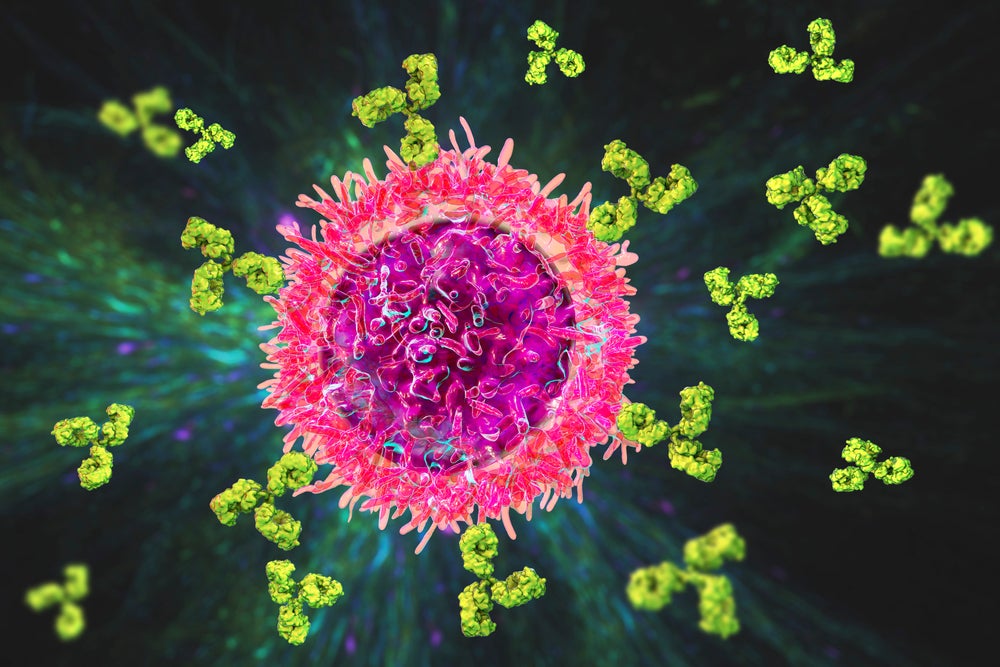The US Food and Drug Administration's recent accelerated approval of Pfizer's Elrexfio for the treatment of adult patients with relapsed or refractory multiple myeloma (RRMM) has made a significant impact in the oncology community.
This humanised immunoglobulin (Ig) G2a bispecific B-cell maturation antigen (BCMA)-directed cluster of differentiation (CD) 3 T-cell engager is now approved for the treatment of adults with RRMM who have undergone at least four prior therapeutic regimens, including a proteasome inhibitor, an immunomodulatory agent, and an anti-CD38 monoclonal antibody.
The MagnetisMM-3 Phase II trial was the backbone of this approval. The trial results were compelling: an objective response rate of 57.7% in patients who were administered the recommended dose, with a median duration of response that remains unreached after a median follow-up of 11.1 months.
However, it is paramount to be aware of the drug’s associated boxed warning. Elrexfio carries potential risks of severe cytokine release syndrome (CRS) and neurologic toxicity, including immune effector cell-associated neurotoxicity (ICANS).
Among the treated cohort, CRS was observed in 58% of patients, neurologic toxicity in 59%, and ICANS in 3.3%.
According to GlobalData's Consensus Analyst Forecast, global sales for Elrexfio are expected to reach $600m by 2029, driven by expansion into new markets, including the EU and Japan.
However, the currently marketed bispecific antibody oncology drug sales are expected to exceed $13bn in 2029, with Pfizer's drug receiving a modest 4.5% of the total bispecific monoclonal antibody drug market. Pfizer’s competitors Johnson & Johnson and Roche will have shares of 54.8% and 11.1%, respectively.
While Elrexfio's approval introduces a fresh dimension to the anti-BCMA treatment landscape, its market presence is currently confined to the US.
In contrast, Johnson & Johnson's Tecvayli has been globally available since 2022, and GlobalData forecasts it to have impressive sales of $4.7 billion by 2029.
This robust projection is underpinned by Tecvayli's extensive clinical trials, including two Phase III trials as first-line therapy and six trials as second-line therapy. Its competitive edge is further sharpened by the recent EU approval for reduced dosing.
The bispecific antibody landscape in the global pharma market is not only growing but also diversifying in different cancer indications.
Companies like Johnson & Johnson and Akeso have ongoing Phase III clinical trials for bispecific antibody drugs for solid cancers, including non-small cell lung cancer, gastric cancer, and cervical cancer.
In this competitive arena, Elrexfio's higher dosage and limited Phase III trials may hinder its ability to rival Tecvayli, which benefits from widespread approval, comprehensive clinical support, and an optimised dosing strategy.









